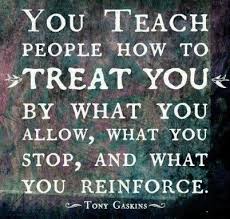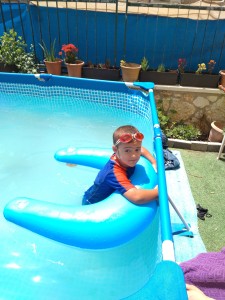
How To Get Clarity About What You Really Want
I think much of the inability to teach others how to respect you stems from a confusion as to what our needs really are or
Never miss a new post. Subscribe below to
receive all new posts directly to your inbox.

I think much of the inability to teach others how to respect you stems from a confusion as to what our needs really are or

I was wondering if you could share with the blog readers more about the idea that we teach people how to treat us.Can you explain
Someone shared this wonderful story with me of an adoptive father of 12 children, most of whom have Trisomy 21. What in the world compelled

At our dinner table, we have a family tradition in which each person shares three things that he is grateful and appreciative for that happened

Our social worker called tonight to remind me about a request she had made of me at her last visit. The social worker who did

Can you believe that this week marks six years since we moved to Israel?!? Moving to a new country with nine kids (ages 2 –

>>From your vantage point of five years into this, I’d love to hear what you feel are the best “tools” to help children with apraxia.

Can you believe that Yirmi just recently turned 5? Until Yirmi was born and we received the birth diagnosis of Trisomy 21, I knew very

My husband’s parents flew in from the US for the wedding and we enjoyed spending time with them this weekend! We’ve been wondering if our

Yesterday a very busy mother of four young children who is longing for a break asked me, “How do you make time for yourself?” I